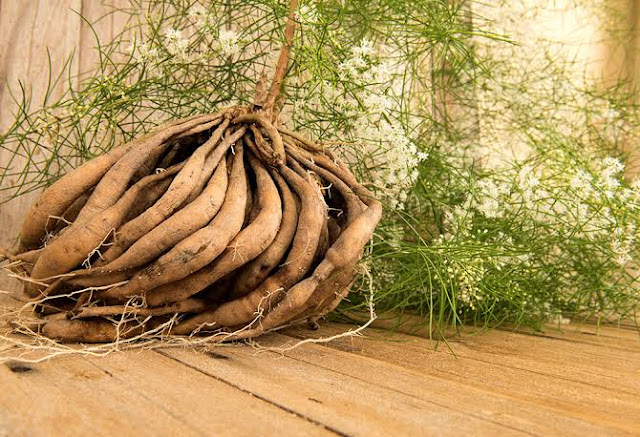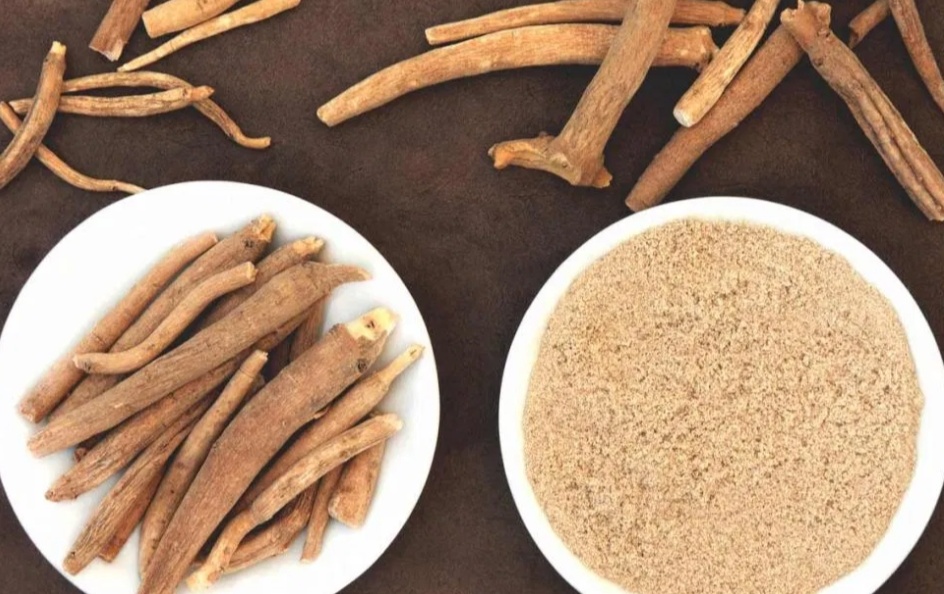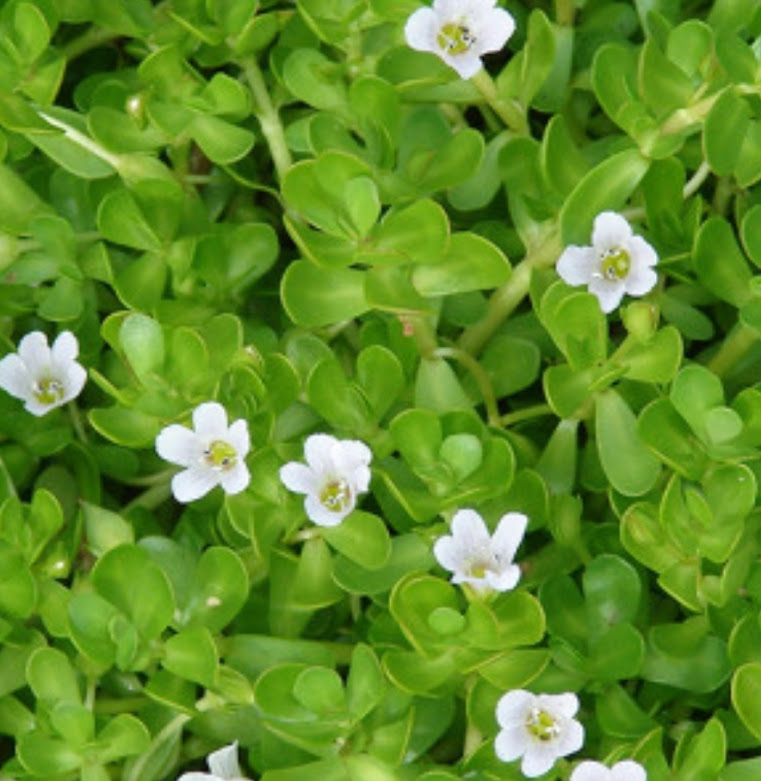Haldi against COVID-19
Haldi(Curcumin) against COVID-19
A major outbreak of highly contagious disease novel coronavirus (COVID19) that has recently emerged as epidemic in China in December 2019, spreads across the globe and becoming a pandemic. The disease is caused by novel Corona virus SARS-COV-2 (severe acute respiratory syndrome coronavirus 2) belonging to the family coronaviridae. Coronaviruses are single stranded positive sense RNA viruses, transmitted to humans via respiratory droplets. Majority of the severe SARS-CoV2 infected patients develop acute respiratory distress due to the elevated levels of proinflammatory cytokines and other clinical conditions like diarrhoea, when infection is transmitted through food. Globally,
Till date there is no specific antiviral therapy available to treat COVID-19 patients. Combination therapy has been considered by the clinicians which include antiviral agents, antibiotics and anti-inflammatory drug including hydroxychloroquine are widely used in developed countries. In the context of preventive and supportive therapy, several polyphenolic compounds extracted from natural products were identified with varied antiviral mechanisms such as targeting virus host specific interactions, viral entry, replication, and assembly. In line with these findings, curcumin, is one of the natural compounds that had been widely investigated for its antiviral effects. Curcumin, a natural polyphenolic compound extracted from roots of rhizome plant Curcuma longa (family Zingiberaceae), exhibits wide range of therapeutic properties including antioxidant, anti-microbial, anti-proliferative, anti-inflammatory, neuroprotective and cardioprotective properties. Curcumin, the yellow pigment of turmeric is extensively used in our Indian traditional herbal medicines to cure many diseases associated with infection and inflammation for many decades. It is reported that, curcumin exerts antiviral activities against broad spectrum of viruses including HIV, HSV-2, HPV viruses, Influenza virus, Zikavirus, Hepatitis virus and Adenovirus.
Recent studies have indicated that alike original SARS-CoV, the SARS-COV2 also invades human host cells by targeting Angiotensin Converting Enzyme 2(ACE2) membrane receptor, an entry site for coronavirus. The binding of viral S protein to ACE2 receptor present on mucus membrane mediates the viral and membrane fusion and subsequent viral replication in host. A recent study showed that expression of ACE2 was detected in nasal epithelial cells, alveolar epithelial type II cells (AECII) of lungs and luminal surface of intestinal epithelial cells. Hence nasopharynx, lungs and intestine facilitate viral entry and serve as potential site of viral invasion. Most studies have shown that Angiotensin II exerts its biological activities by binding to two receptors namely angiotensin 2 type 1 receptor (AT1R) and angiotensin 2 type 2 receptor (AT2R). Angiotensin-converting enzyme 2 (ACE2) a homologue of ACE, sharing 61% sequence similarity with the ACE catalytic domain, hydrolyses Angiotensin II to Angiotensin (1–7) and attenuates Angiotensin II-ATIR axis mediated vasoconstriction effects, thereby reducing the blood pressure through vasodilation.
In line with the growing evidences of therapeutic properties of the curcumin, here we propose a hypothetical treatment strategy of using curcumin as potential inhibitory agent blocking the host viral interaction (viral spike protein—ACE2 receptor) at an entry site in humans and as an attenuator via modulating the proinflammatory effects of Angiotensin II-AT1 receptor-signalling pathways reducing respiratory distress in the treatment of COVID19.
A study using Insilico approach involving docking and stimulation, demonstrated the dual binding affinity of polyphenolic compoundsin which both the viral S protein and ACE2 binds to curcumin. Binding of curcumin to receptor-binding domain (RBD) site of viral S protein and also to the viral attachment sites of ACE2 receptor, demonstrated that curcumin can act as potential inhibitory agent antagonizing the entry of SARS-CoV2 viral protein. Moreover, emulsion form of topical application of curcumin may effectively prevent the SARS-CoV2 infection in humans, as the viral entry site of ACE2 receptor is predominantly distributed at the nasal cells, mucosal surface of respiratory tract and eyes.
Nutritional supplements of curcumin with vitamin C and zinc have showed promising results in boosting the natural immunity and protective defense against the CoV infections have been noted in many hospitalized patients in Indian setting.
Antiviral effects of curcumin against enveloped viruses including SARS-CoV-2(In detail)
A large body of evidence has documented curcumin's direct antiviral activity against several enveloped viruses , including SARS-CoV. used cytopathic effects of SARS-CoV in Vero 6 cells as a cell-based assay to screen phytochemicals against SARS-CoV. They reported that curcumin (at 20 μM and 40μM) showed significant anti-SARS-CoV activity. The same study reported that curcumin inhibits SARS-CoV 3CL protease activity, which is vital for viral replication. Few studies have utilized computational modelling tools and predicted that curcumin interacts with S protein and ACE2 protein and potentially intervenes in viral entry into lung cells. Based on these pleiotropic effects of curcumin, it is postulated that curcumin may directly intervene SARS-CoV-2 entry and or replication and prevent infection. 4-octyl-itaconate, a pharmacological agonist of transcription factor NRF2 was reported to repress SARS-CoV-2 replication in lung cells by an independent interferon mechanism. Furthermore, the same study revealed that the activation of the NRF2 pathway by another structurally dissimilar agonist dimethyl fumarate inhibited SARS-CoV-2 replication, suggesting that NRF2 agonists are potential drug candidates for repressing SARS-CoV-2 replication. We and others have previously reported that curcumin is a promising NRF2 agonist, and administration of curcumin activates NRF2 pathway in lungs of mice. So, it is conceivable that curcumin may also exert antiviral activity against SARS-COV-2 by activating the NRF2 pathway.
If you want to give more suggestion in this, then comment us, we will replay your comment.
If you like this post, then share it and follow us on Instagram (@healthyeats793) and many thanks for coming to our site Healthy eats
keep visiting
Follow us
1) Instagram
2) Facebook
3) Pinterest
4) Twitter
🙏🙏Subscribe and share for latest updates🙏🙏
Refrence :
1) Indian J Clin Biochem. Published online 2020 Jun 17. PMCID PMC7299138
2) Heliyon. 2021 Feb; 7(2): e06350. Published online 2021 Feb22. PMCID: PMC7899028





Comments
Post a Comment